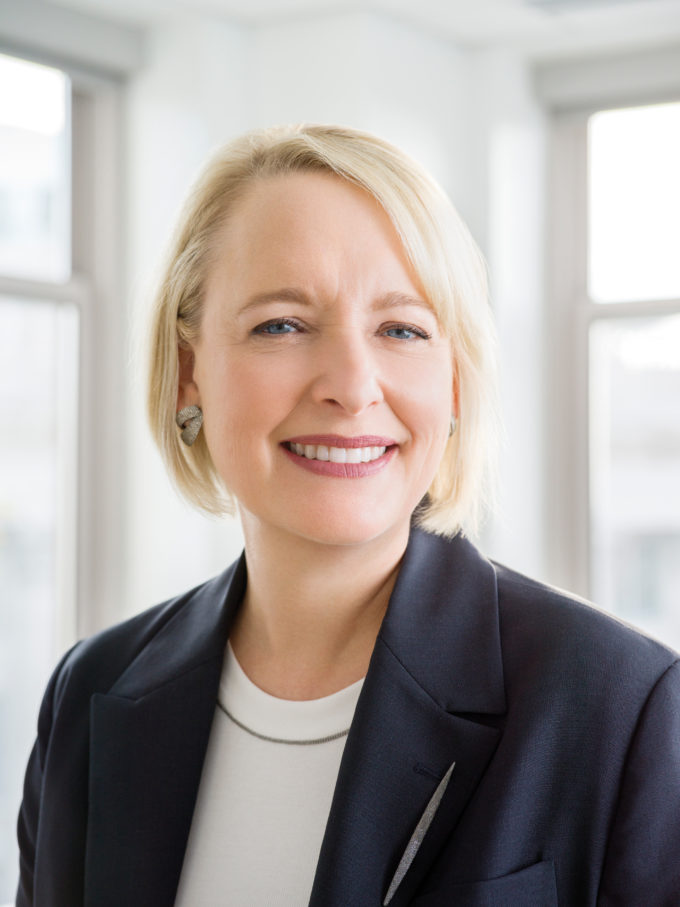The answer can be something as simple as mastering a recipe, said Sweet. “One of the most important things we look for is that people who come to us are learners, because we know that the needs of our clients and our own business and the skills that are needed change all the time.
“What we’re looking for is whether a person has what we call learning agility – the ability to continuously learn. When someone can answer the question, it demonstrates that they have curiosity and the ability to do so.”
Taking on so many new staff at a time when remote work makes physical onboarding impossible poses the question of how to share and maintain a company’s culture. The answer Accenture came up with is “omni-connectivity” – finding ways in which technology can be used to create an omni-connection where people feel included as well as connected, regardless of their physical location. Part of this is ensuring that everyone has the time and access they need for collaboration, knowledge-sharing and learning, but it also means paying attention to diversity and a true equality of opportunities, so everyone feels like they belong and can advance in their career.
“We’re always thinking about how to connect people, because that’s how you continue to build and enrich your culture,” said Sweet. Its latest innovation is putting 150,000 new hires through the company’s own metaverse – a virtual campus where people can tour the company’s offices, undergo TQ training, and meet clients as part of their onboarding process.
Learning is a theme that recurs throughout Sweet’s reflections on her work. “When I think about my career, one of the really important factors has been that I am a learner. When I joined Accenture, I knew literally nothing about technology, so I asked Bhaskar Ghosh, our current chief strategy officer, who then was running our India tech business, to teach me technology. I would meet with him every two weeks for about 18 months.”
Embracing learning runs deeply through the company’s culture. “When I came to Accenture, I was struck by how much focus they put on leadership development. That billion dollars a year that we spend [on staff development], we’re investing not simply in skills training, but also in: How do you lead people? How do you do change? How do you have the courage to change? And how do you bring people along the journey? [That training] is a core competency of Accenture. It’s why our people are our greatest strength; we invest in helping people be able to be leaders across the board.”
YouTube


